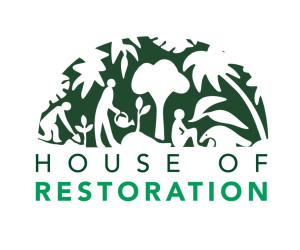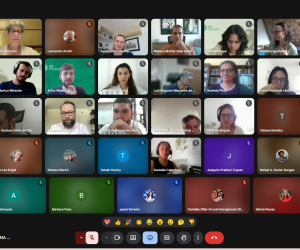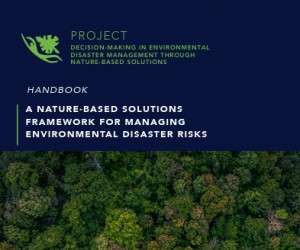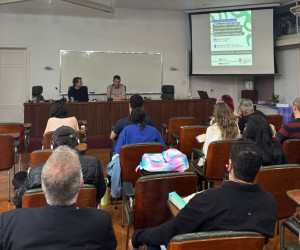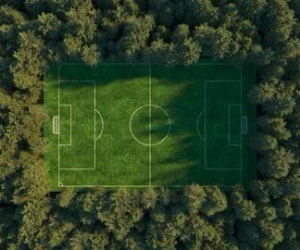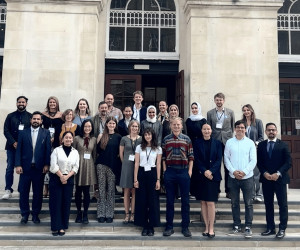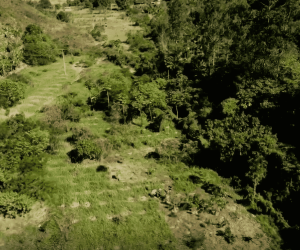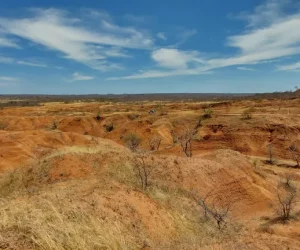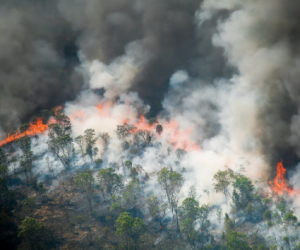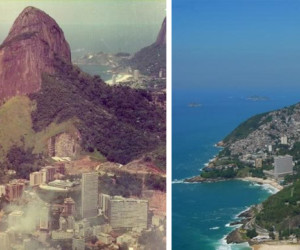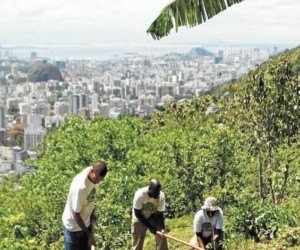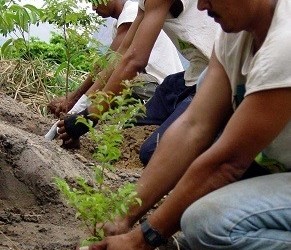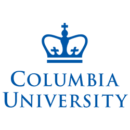The restoration assessment through sustainability indicators: the case of Rio de Janeiro
The project aims to evaluate restoration in Rio de Jambeiro city projects through sustainability (ecological, economic and social) indicators.
Given the complexity of these indicators in the area originally covered by the Atlantic Forest, the evaluation of restoration initiatives in this biome through sustainability indicators represents an important step to consolidate a more integrated perspective of restoration.
The use of sustainability indicators has an immense potential to evaluate restoration projects in ecosystems with great diversity (for example, tropical forests) and a heterogenous social structure, with much socio-economic contrast (for example, the city of Rio de Janeiro).
In the regional, national and international context of deforestation Rio de Janeiro, a city where ambitious restation goals have been set, has received and the “Reforestation Mutual-Aid Group’ project since the 1980s. the project is coordinated by Rio de Janeiro’s Municipal Environmental Secretariat (SMAC).
Project highlights include the restauration of some 3,000 hectares of native Forest, participation of the community and creation of volunteer Jobs in the implementation and maintenance steps.
The partners of the project “Restoration Assessment through sustainability indicators: Rio de Janeiro Case” are Pontifícia Universidade Católica do Rio de Janeiro (PUC-Rio), Columbia University, International Institute for Sustainability (IIS), Jardim Botânico Research Institute of Rio de Janeiro (JBRJ), and Rio de Janeiro’s Municipal Environmental Sectrariat (SMAC).

